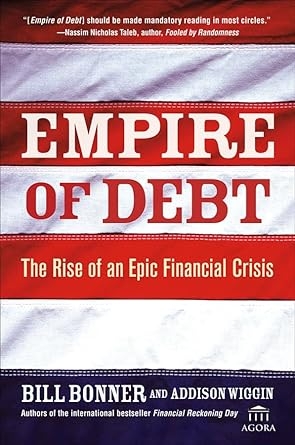-
DESCRIPTION
or much of the second half of the twentieth century, the Asian economic “miracle” has fueled the greatest expansion of wealth for the largest population in the history of mankind. In the summer of 1997, thirty years of economic boom came crashing back to earth. The reality of unrestrained speculation, misallocated private investment, fixed exchange rates, and inadequately supervised banks has struck the much-vaunted “Asian Tigers” like Thailand, Indonesia, Korea, and finally, Japan, casting a shadow of uncertainty on a region recently at the forefront of the world economic system. Recovery depends largely on reform within the Asian economies themselves and a cold assessment of the structural weaknesses that lay under the surface, but only now have come to light. The implications for world economies and, more broadly, the dynamics of world politics, are tremendous.In Asian Contagion: The Causes and Consequences of a Financial Crisis, Karl D. Jackson, director of the Southeast Asia Studies Program at the Paul H. Nitze School of Advanced International Studies at Johns Hopkins University, has commissioned a group of leading experts on business and economic policymaking in Asia in an effort to provide the most up-to-date overview available on the Asian downturn. Each author considers one nation—Japan, China, India, Thailand, Indonesia, Korea, the Philippines, and Vietnam—and the country analysis is framed by an introductory chapter on the roots of the crisis. The chapters consider the most current economic statistics, but view them with an overriding attention to contextualization rather than a more


























![A Woman in Charge: The Life of Hillary Rodham Clinton [Signed First Edition]](http://bizweb.dktcdn.net/thumb/large/100/417/831/products/5151b609-695d-487b-acf8-2b105ed26dea.jpg?v=1724241443730)























